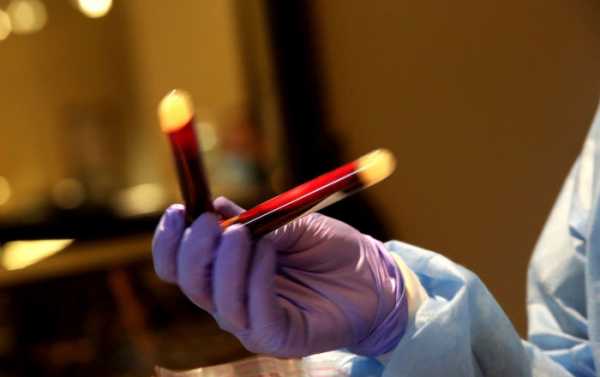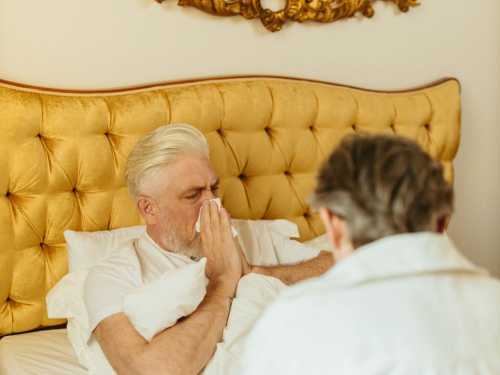
Italian pharmacology scholar Annalisa Chiusolo believes she has uncovered the mechanism behind COVID-19: the novel coronavirus damages hemoglobin, the protein that transports oxygen in the blood.
According to Chiusolo’s theory, the virus attacking hemoglobin results in less oxygen in the human body, which leads to the accumulation of carbon dioxide. In other words, red blood cells cannot transport oxygen throughout the body, which eventually causes acute respiratory distress syndrome (ARDS), a condition where fluid collects in the lungs’ air sacs, which deprives the body’s organs of oxygen.
Chiusolo believes her theory explains why men, especially male diabetics, are more vulnerable to the coronavirus and why pregnant women and children are less likely to contract SARS-CoV-2, the virus that causes COVID-19.
“The value of hemoglobin in the blood can be an important parameter to assess the SARS-CoV-2 infection: In men the normal value of hemoglobin (Hb) is higher than in women. This would explain the higher incidence of COVID-19 pneumonia in men compared to women, and the lower incidence and better prognosis in children and pregnant women, where Hb values are lower due to an increased need of iron, which makes less available this ‘nutrition’ for the virus,” Chiusolo explained to the Jerusalem Post.
Chisuolo has also evaluated whether hydroxychloroquine, an antiparasitic that can be
used to treat malaria in addition to lupus and arthritis, is effective against the coronavirus. According to Chisuolo, hydroxychloroquine blocks the key enzyme of malaria by binding to ferriprotoporphyrin of the ecgonine methyl ester (EME). Ferriprotoporphyrin is a component of a hemoglobin molecule that helps oxygen bind to it.
“So, I thought this same mechanism could be used against SARS-CoV-2 … Indeed, a study by a Chinese university shows that SARS-CoV-2 binds to the beta chain of hemoglobin, inhibiting EME metabolism,” Chisuolo explained. Chisuolo believes that hydroxychloroquine could treat the symptoms of COVID-19 by limiting its effects on the body, even if the immune system has yet to develop antibodies through exposure or a potential future vaccine.
However, Chisuolo also admitted that the drug can have adverse side effects, especially in patients who have heart disease. Hydroxychloroquine was associated with cardiac arrhythmia – an irregular heartbeat, whether too fast or too slow – in COVID-19 patients by researchers at Beth Israel Deaconess Medical Center in Boston, Massachusetts.
While some top scientists believe there may be merit to Chiusolo’s theories, Amiram Goldblum, head of the Molecular Modeling and Drug Design Institute for Drug Research and the Fraunhofer Project Center for Drug Discovery and Delivery at the Hebrew University of Jerusalem, said that in the 8,500 papers related to COVID-19 that were filed in the last three months, there is no mention of the virus attacking porphyrins of hemoglobin.
“If the virus ‘eats up’ the porphyrin of hemoglobin, the first effect should be anemia, which affects oxygen intake but also affects substantial weakness and is easily measured. I have not heard of any problems with lower hemoglobin in COVID-19 patients,” Goldblum explained.
Sourse: sputniknews.com






